In February 1989, five months after the publication of The Satanic Verses, Ayatollah Khomeini issued a fatwa against its author Salman Rushdie. It is often seen as a pivotal moment in shaping the landscape of contemporary Western society. So, 20...
CATEGORY: News and features
Interview: Giles Ji Ungpakorn
Giles Ji Ungpakorn is a refugee from Thailand's lèse majesté laws. He spoke to Index on Censorship about the government and military's campaign against dissent Academic and journalist Giles Ji Ungpakorn fled Thailand last Friday, shortly before he...
Gaza activist detained in Egypt
German-Egyptian activist Philip Rizk was detained north of Cairo following a rally in support of Palestinians in Gaza. Eyewitnesses said the author of popular blog Tabula Gaza was bundled into a white van with no licence plates, which then sped...
Burmese journalists acquitted
Editor Khin Maung Aye and reporter Manaw Tun of Rangoon-based weekly journal News Watch have been acquitted, after being detained for over two months in the notorious Insein Prison. Both had been charged in early November for insulting the court...
Ungpakorn flees Thailand
Giles Ji Ungpakorn, who was charged with lèse majesté in January, fled Thailand for Britain over the weekend. The charges against Bangkok-based professor, who holds joint British and Thai nationality, relate to his publication A Coup for the Rich,...
The ministry and the message
The curious case of Colonel Owen McNally, and the apparent attempt to smear human rights researcher Rachel Reid (right) take place within a wider crackdown on military and civilian personnel talking to the media in the run up to the next general...
Lords warn against CCTV state
A House of Lords report has warned that fundamental freedoms may be lost as the United Kingdom is subjected to unprecedented levels of state surveillance. Read more here
Somali radio director murdered
Said Tahlil, director of HornAfrik radio was shot dead in Mogadishu yesterday (4 February). Tahlil was attacked by gunmen while on his way to a meeting called by representatives of the al-Shabab militia. The militia is strongly suspected to have...
Judges attacks Guantanamo secrecy
The US and UK governments have been criticised for withholding information relating to torture in the case of Ethiopian Binyam Mohamed. Read more here
Russia: editor beaten
 Yet another journalist has been brutally attacked in Russia. Maria Eismont reports
Yet another journalist has been brutally attacked in Russia. Maria Eismont reports
Yuri Grachev, editor-in-chief of a local newspaper, was badly beaten on 3 February near his house in Solnechnogorsk, a town of 60,000 some 65 km north-west of Moscow. He was sent to the hospital unconscious with cuts on his face and severe concussion, but doctors say his life is not in danger.
Grachev, a 72-year-old retired colonel and local deputy, was publisher, editor and most likely the main if not the only journalist for the newspaper Solnechnogorskiy Forum. The paper has no website and is not even listed among local newspapers on the town’s main web resources, so in other circumstances this attack could have gone unnoticed.
But if the assailants were hoping not to cause a sensation, they’ve chosen wrong time. The story of Mikhail Beketov, of opposition newspaper Khimkinskaya Prabvda, who was beaten nearly to death in November, continues to make national and international headlines. Not to mention the murders of Beketov’s lawyer Stanislav Markelov and young journalist Anastasiya Baburova from Novaya Gazeta in the centre of Moscow last month.
Moreover, the Solnechnogorsk attack happened just as Interior Ministry officials were declaring that the majority of murders of journalists are not related to their professional activity. ‘Most often these are domestic crimes. The percentage of journalists killed for their publications and investigations is relatively low,’ Valery Gribakin from the Russian Interior Ministry public relations department recently said.
Colleagues say Grachev’s paper was critical of the authorities, and exposed corruption. The next issue is due on 10 February, and it is believed to carry out more revelations ahead of the elections.
‘If we look at Grachev’s newspaper from the point of view of international journalism standards, we may find his stories not very objective,’ one local reporter told Index on Censorship. ‘But today opposition is itself a rare phenomenon, especially in the towns like ours, and this is his main value. His newspaper is the only oppositional media in our region.’
Various observers agree that the attack was aimed at putting Grachev out of action at least until 1 March — election day for many Russian regions. It is hard to predict how those attacks against journalists will affect the electoral choices of local communities.

